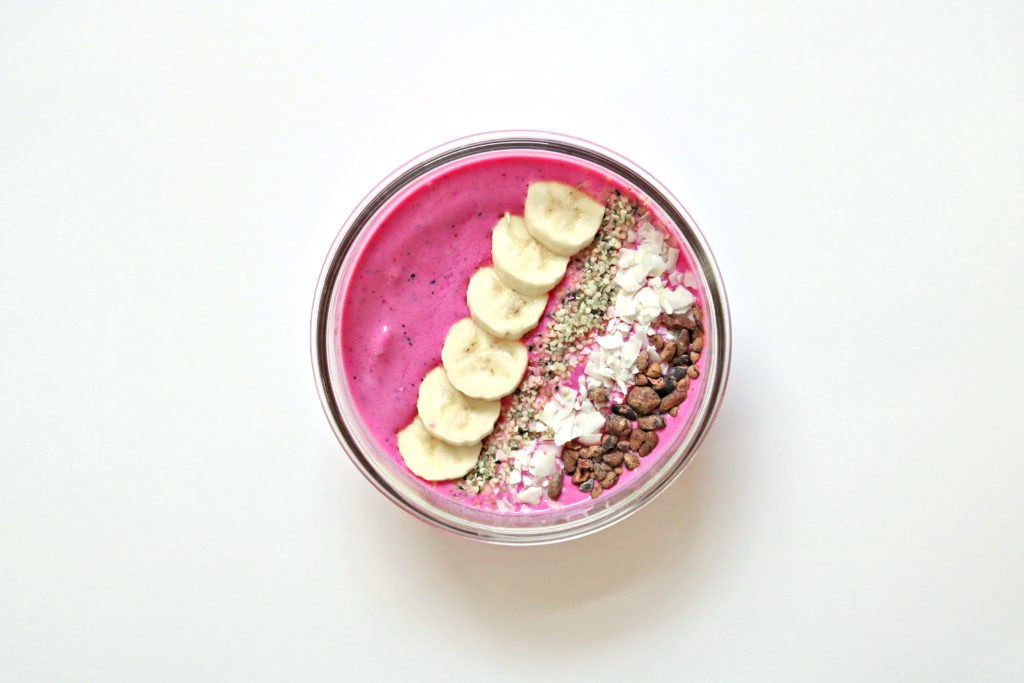More than ever, given our lifestyles and demanding jobs, stress affects us on a daily basis. With smart phones, laptops and home offices, we are never away from our work. However, not all stress is considered negative. Eustress, or positive stress, is in fact what motivates us to get out of bed in the morning. To be successful. To work hard. Most of us, however, suffer from distress or negative stress which could be caused by a number of factors including work, illness, family and death. Chronic, uncontrolled stress can lead to chronic conditions including high blood pressure, heart disease, diabetes and obesity. We often do not recognize the connection between food and mood as it relates to our emotional, physical and cognitive health (including memory and concentration). What you eat affects how you feel and how you feel effects what you eat. Therefore it is a connection that can not be ignored.
“It’s not what happens to you, but how you react to it that matters.”–Epictetus.
Everyday, I am surrounded by friends, family and clients that are dealing with chronic stress. While we can’t eliminate stress, we can change our perception of stress, change our habits to influence the physiological effects of stress and improve our coping skills. Many of us have learned to use food as a coping mechanism. It is important to nourish the right hunger and recognize that we can improve how we handle stress by eating the right combinations of foods. Below are a list of mood boosters and mood busters.
Mood Boosters
Eat a balanced diet of whole foods including whole grains, fruit and vegetables
Healthy fats such as olive oil, nuts, seeds, avocados
Omega-3 fats from cold water fish (salmon, tuna, mackerel, sardines, anchovies), ground flaxseed and walnuts
Fermented foods (saurkraut, kimchi, kombucha, yogurt, kefir)
Lean protein and plant based protein (nuts, beans, seeds, non-gmo soy)
Eat breakfast daily
Water
Exercise
Mood Busters
Refined sugar
Processed foods
Fatty foods
Trans fats ( hydrogenated oils)
Too much caffeine (i.e. energy drinks!)
Frequently skipped meals
Nicotine
Lack of sleep
Inactivity
Stress affects every one of us differently. However, during periods of stress, hormones released cause many physiological responses to occur including increased heart rate, blood pressure, blood sugar, appetite and even abdominal fat storage. These responses are meant for fight or flight. Adrenaline and cortisol are released into the bloodstream and meant to provide fuel for energy and prepare our bodies for fight or flight. Unfortunately, this stress response has not evolved along with our lifestyles. For most of us, the stress hormones linger due to chronic stress, which can put us at risk for the above chronic conditions mentioned.
Therefore, it is important to recognize when you are stressed and how your body responds to stress. However, we can make changes in our diet to positively impact our reaction to stress. The goal is not to eliminate stress, but to reduce distress and improve our ability to handle stress in general. By starting with our diets, we can indeed improve our mood, perception of stress and overall health. After all, if we are going to work hard to live, then at least we want to be able to enjoy the life we have been given.



